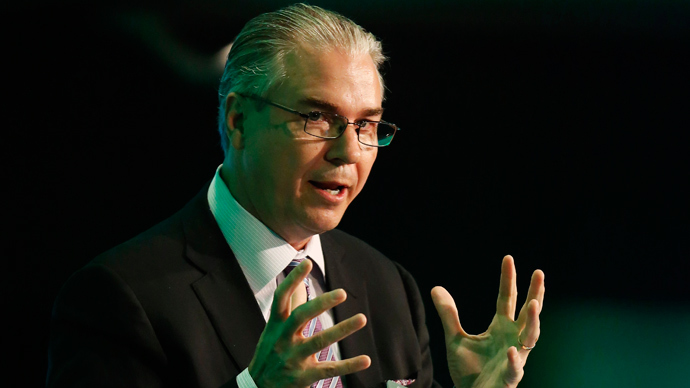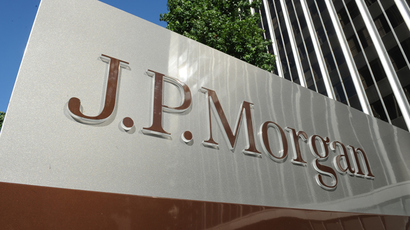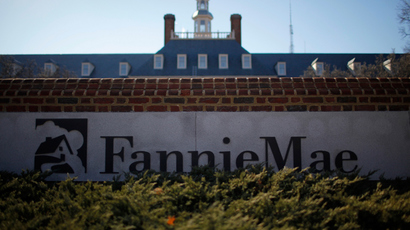Natural selection: Number of giant universal banks to shrink 60%

Pressed by the slowing global economy and tightening national regulations, the number of global banks may fall to below 10 from about 25, according to a report from consultants McKinsey.
About 20 percent of 500 world’s biggest banks may be split or sold in the wake of a “radical course correction,” Bloomberg says citing the company’s report.
“It’s about how do the other banks get there or how does this consolidation start to bring the overall industry up in terms of performance,” Fritz Nauck, a director at the consulting firm and a co-author of the report, told Bloomberg.
Shareholders’ desire to boost return on equity would be the key reasons behind the move, the McKinsey experts say.
The return on equity (ROE) among the 500 biggest banks in 2012 was 8.6 percent, which is above the 7.9 percent of 2011. However, a minimum required ROE stands at 10-12 percent, the report said.
To achieve better efficiency, more lenders should pursue the “back –to-basis”, focusing on their key operations and dropping such marginal consumer products as student or boat lending, Nauck said.
Muted global growth, retreated capital flows and trade, coupled
with “other regulations are denting banks’ results,” the
report said.
Regulatory bodies from around the globe have recently started to increasingly press lenders, making them either pay for so – called “pre-crisis cheating” or insisting on better transparency. JP Morgan Chase has so far been the biggest victim of the governmental scrutiny, as it agreed in late October to pay $13 billion to resolve issues related to sketchy mortgage-backed securities. More recently, Royal Bank of Scotland agreed to pay some $150 million to settle US regulatory charges. The Securities and Exchange Commission blamed the bank for misleading investors and saying the mortgage backed securities they offered “generally” met underwriting guidelines, while RBS knew that 30 percent of them fell short of the required standards.














